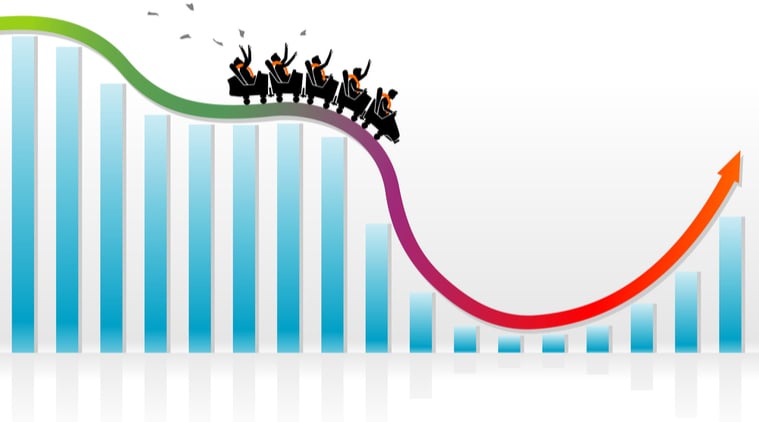
An option vega tells us the change in the option value to a change in the implied volatility. Usually, vega is normalized such that the it depicts the change in an option value for a percentage change in the level of its implied volatility. E.g. an option may be valued at 3.15 dollars and the vega is of 0.10. In case the implied volatility is 25% and it moves up to 26%, then we could expect the value of the option to increase by 3.25 dollars.
Vega an option trading which would help online traders & give them an additional instrument to invest in
Vega is quite useful to an option trader as the implied volatility.
doesn’t tend to be static. The movement of vega drives the change in an option’s value and hence vega lets the trader to calculate their risk. By understanding the vega of a portfolio, the stock market trader would understand the extent of his exposure to implied volatility.
Vega varies from option to option. It is usually larger in options having longer time before expiration, everything else being equal. An upward movement in implied volatility means that the spot is expected to be more volatile during the option’s tenure. It tends to increase the option value. However, for those options having a longer tenure ahead, this increase in volatility would be useful as against those which would expire shortly. The inference being, longer the period of an option, more sensitive it is to variations of implied volatility i.e. they have a higher vega.
An option’s strike price can also affect the vega it has. To be precise, the relative nearness of the spot and strike price is all that matters. Options, which are out of the money ideally has no vega or very little vega. The key reason behind this is that a small increase in the implied volatility makes minor difference as to whether they are likely to expire in the money or not. A higher volatility in stock market increases the chance of moving in the money, hence, their value is sensitive to the change in implied volatility. This shows that it has more vega.
The final factor, which influences the amount of vega that an option has is the level of implied volatility. Greater the implied volatility, more it makes the out of the money options look more like the at the money options. In effect, the higher the implied volatility, the higher is the vega for that option. One exception to this is the at the money option itself. The vega is highly isolated from the implied volatility levels.
Vega can be used to price and compare options. E.g. if an option with vega value as ten trades ten rupees above a trader’s value, this specifies an implied volatility level of a percent above what the pricing model has used. If there is a second option with a vega value of five trades seven rupees above the same pricing model value, then its more than a percent. The implication is that in implied volatility terms, this is a costlier level in implied volatility.
In stock market, Vega is one of the most important Greeks that are used by option traders to manage risk of their options portfolio.
Click Here To Start Investing in Stock Market
[email-subscribers namefield=”NO” desc=”Subscribe now to get latest updates!” group=”Public”]


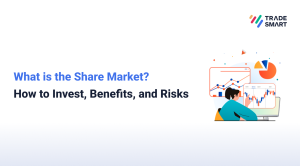

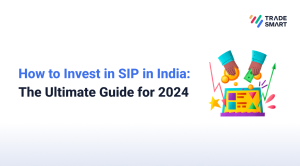

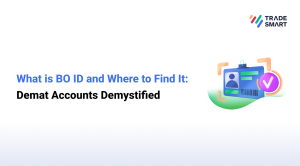
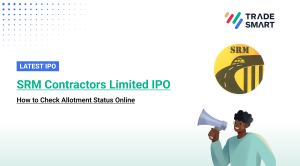
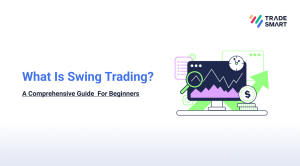
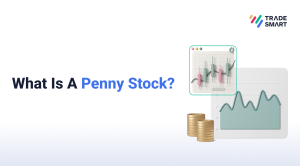
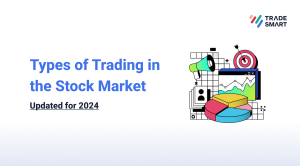
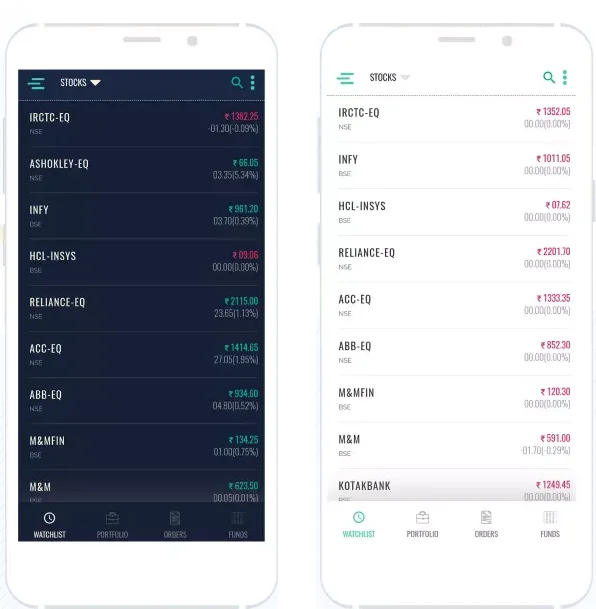

[…] Also Read Vega – an Option Trader’s lifeline […]